Catching up on trans movies used to be easier when they were few and far between. It’s a good problem to have that so many narrative features have cropped up with an array of transmasculine characters. Though there are way fewer of them in narrative films than there are transfeminine characters, I did compile 45 transmasculine characters in 40 films that are worth taking a look at, even if their roles are small.
As we go down the list chronologically, the shift from transmasculine roles being played by presumably cis women only to the occasional cis man to actual trans actors is very noticeable. Hooray!
But there is also a huge, monstrous gap in specifically Black trans male representation that I found maddening. There are almost none in film outside the documentary space (The Aggressives, for example). Most working Black trans male actors like Logan Rozos, Marquise Vilson, and Brian Michael Smith see massive success on television or in short films. And in the example of 2015’s Tell Me Sweet Something, a rom-com out of South Africa, Thishiwe Ziqubu won awards for playing the lead’s best friend, but he was not out as a trans man at the time, nor was the character transmasculine.
As another aside: There are transmasc actors who have roles that are basically unnamed, such as Becca Blackwell in both Bros and A Marriage Story, or who are not in the credits at all so their identities were hard to track down. (If this is you and I skipped you, comment below!) Jordan Gonzalez is also about to appear in The Long Walk this month, but that will be released on September 12.
So on to the list!
Sylvia Scarlett (1935)
Katharine Hepburn as Sylvia

Sylvia (Katharine Hepburn) is a con artist who crossdresses as a man named “Sylvester,” only to end up sexually confusing both Cary Grant and Brian Aherne. Unfortunately Sylvia Scarlett is one of the most famous flops of the 1930s due in part to its exploration of gender. The world wasn’t ready for Hepburn in pants, let alone in full drag. Sylvia isn’t textually trans, but she keeps dressing as a man even after it’s not necessary to the plot for her to do so.
Vera (1986)
Ana Beatriz Nogueira as Bauer

Vera is a Brazilian film following a trans man (played by Ana Beatriz Nogueira) in a correctional facility for troubled youth who navigates institutional oppression and love during transition in the 80s. I confess I haven’t seen this one, but its early release date makes it worth mentioning for trans film history, even if it does not have a happy ending.
Boys Don’t Cry (1999)
Hilary Swank as Brandon

Boys Don’t Cry traumatized many of us, so I understand why it might be a skip for some. (After seeing it once in college, I’m good for life.) Brandon Teena, a young trans man in Nebraska, looks for love and acceptance and finds violence and transphobia. This “true” story raised visibility, but at the cost of a lot of trans men’s comfort, mental health, and ability to find support for their transition that didn’t include fears of inevitable tragedy.
By Hook Or By Crook (2001)
Harry Dodge as Valentine and Silas Howard as Shy

Co-directed and co-starring trans icons Harry Dodge and Silas Howard, this DIY buddy film centers the guys’ friendship as they get up to hijinks and commit petty crimes to survive. This is one of my absolute favorite trans man films with two of my favorite trans man characters.
Itty Bitty Titty Committee (2007)
Lauren Mollica as Aggie

Directed by But I’m A Cheerleader’s Jamie Babbit, this third wave feminist satire about an activist collective includes a trans masculine character named Aggie (skater Lauren Mollica). He gets a pass on being part of the group for girls for “being born with a clit.” When he initially faces a misunderstanding about being a cis man, he clarifies he’s not offended. He’s used to people being confused. Over the course of the film, he falls for our lead Anna after a one-night-stand, but she doesn’t return his feelings.
Romeos (2011)
Rick Okon as Lukas

Romeos is a German film about Lukas, a young trans man who falls for a cis gay man he meets in the Cologne gay scene. The guy, Fabio, doesn’t know he’s trans and Lukas worries about revealing it. At the same time, Fabio has his own secrets — namely that he’s not out to his family. Lukas is played, in this rare instance, by a cis actor named Rick Okon. I haven’t seen this one, but online reviews make mention of some suspension of disbelief around the immediacy of the effects of taking testosterone, and you know, the trope of coming out to a cis gay man and facing some rejection.
Albert Nobbs (2011)
Glenn Close as Albert and Janet McTeer as Hubert

This was one of the first “trans man” stories I ever remember seeing, particularly because Glenn Close was nominated for an Oscar that year. Close plays an AFAB person who has spent three decades living as a man in 19th-century Dublin to work as a butler in a wealthy household. When his new roommate (another AFAB person living as a man) Hubert discovers Albert is also a “woman,” he asks “What’s your name?” Albert tells him it’s Albert. “Your real name,” he presses. “Albert,” he replies.
Facing Mirrors (2011)
Shayesteh Irani as Eddie

Facing Mirrors is an Iranian film about the fraught friendship between a conservative woman Rana (Gazal Shakeri) who drives a cab and the trans man she picks up one day. Rana needs money to pay her imprisoned husband’s bail. Eddi (Shayesteh Irani) is desperately waiting for his passport so he can leave the country. An unlikely team-up ensues.
Predestination (2014)
Sarah Snook as “The Unmarried Mother”

This one is wild! Based on a Robert Heinlein short story, Predestination is a sci-fi thriller with a big time-loop and an intersex character whose life spans multiple decades. (I’m trying hard not to spoil anything.) If nothing else, it stars Sarah Snook pre-Succession in a role that revealed her incredible talent. Go into this one ready to feel insane.
Two 4 One (2014)
Gavin Crawford as Adam

This Canadian rom-com is about Adam, a trans man who agrees to help impregnate his ex-girlfriend with donor sperm but then accidentally somehow also becomes pregnant from the same vial. I haven’t seen it, but online reviews say that premise could be played entirely for laughs but the movie goes for a lot of tenderness, too. This is another example of a trans man being played by a cis male actor. We’re close to getting it right, but progress is unfortunately nonlinear.
3 Generations (2015)
Elle Fanning as Ray

There was a lot of controversy around this one, because the conversation around trans people playing trans roles had started around the same time. The director also had to walk back comments about the character essentially being a girl badly mimicking a boy. (She later said she was talking about the actress, not the character. Hm.) Elle Fanning plays Ray, a trans boy navigating medical transition and family disapproval while living with his mother (Naomi Watts) and his lesbian grandmother (Susan Sarandon). It’s pretty paint-by-numbers and enforces boring stereotypes, but at least we get lesbian Susan Sarandon.
Apricot Groves (2016)
Narbe Vartan as Aram

Apricot Groves is an Armenian-Iranian film about a trans man coming to Armenia from the US to marry his girlfriend. I haven’t seen it, but I read about the controversy surrounding it. Initially, the film had the support of the Armenian government but, upon completion, director Pouria Heidary Oureh said the movie was cancelled from local film festivals and theatrical runs due to bigotry.
Adam (2019)
Leo Sheng as Ethan

When a cis teen boy is mistaken for a trans man by a lesbian he has a crush on, he just goes with it. Based on an extremely controversial novel by Ariel Schrag, the movie version was directed by trans director Rhys Ernst with an eye to how the trans storyline was derided by readers of the book. The film stars Bobbi Salvör Menuez, a non-binary actor who played the lead before coming out as trans, and features trans actor Leo Sheng as one of Adam’s friends.
Cowboys (2020)
Sasha Knight as Joe

Cowboys centers on Joe (Sasha Knight), a trans boy in rural Montana, and his father Troy (Steve Zahn). After Joe relays his desire to get away from his disapproving and transphobic mother, the two go on a road trip to Canada. In his debut film, Sasha Knight absolutely crushes this very emotional role as an out trans actor! At 10 years old! The future is bright.
Rūrangi (2020)
Elz Carrad as Caz

Rūrangi is a film out of New Zealand about a trans man who returns home only to be met with anger from his father about his transition and missing his mother’s funeral among other issues. Lead actor Elz Carrad told the press that prior to working on this movie, he’d never met another transmasculine person.
A Good Man (2020)
Noemie Merlant as Benjamin

A Good Man is a French drama about trans man Benjamin who, when his partner discovers she can’t carry their child, decides to go through with a pregnancy for them both. He’s treated terribly by almost everyone in the movie, including his partner, his friend, and medical staff (who make him cry in his stirrups). Ben is played by actress Noemie Merlant in a beard, which is…a choice.
When Men Were Men (2021)
Izzi Rojas as Kieran

This Irish indie about a trans boy named Kieran (non-binary actor Izzi Rojas) retreads the storyline of a trans boy falling for a cis gay named Egan, who does not know he’s trans. Kieran gets to be himself around Egan (played by non-binary actor Aidan Dick) and while he acts with his theater troupe, but he suffers transphobic abuse from his religious parents at home. It hits all the beats, but this time Irish.
West Side Story (2021)
iris menas as Anybodys

In this remake of the 1961 classic, non-binary actor iris menas (stylized lower case) plays Anybodys, the tomboy character who wants to join the Jets. Anybodys has long read as queer for dressing like a guy and wanting to be around the boys, but this is the first time he’s played by a trans actor as an explicitly trans character. As far as I read, this version of Anybodys was the first trans character in a Disney-related film.
The Matrix: Resurrections (2021)
Leo Sheng as Bobbi

In this fourth installment of The Matrix franchise, Leo Sheng plays Bobbi, the secretary of Neo’s “character” at the video game company. It’s a tiny role but a fun inclusion from the Wachowskis. The directing duo have both come out as trans since the original movies were released, and they have hinted at the trans themes of the concept. Apparently, the character of Switch in the earlier movies was meant to be trans, but according to star Keanu Reeves, this aspect was axed by the studio. Sheng’s Bobbi is a sly nod to a well-known trans actor from a trans directing duo.
The People’s Joker (2022)
Kane Distler as Jason “Mr. J” Todd

The People’s Joker, one of my favorite movies, features a T4T couple based on Todd Phillip’s Joker called Joker the Harlequin (Vera Drew) and James Gunn’s Joker called Jason Todd (Kane Distler) respectively. A queer and trans reimagining of Joker/Batman mythology, the movie follows a trans woman comedian navigating comedic censorship and a relationship with her narcissistic mother. Her romance with Jared Leto’s Joker helps Joker the Harlequin come out as a trans woman, even though in the end the pairing is toxic as fuck.
L’immensità (2022)
Luana Giuliani as Andrea

This Italian drama by trans writer/director Emanuele Crialesein is about the relationship between Clara (Penelope Cruz) and her child Andrea (Luana Giuliani) after Andrea comes out as trans. Set in the 1970s, Crialesein based the story on his own childhood as a trans kid and his relationship with his mother after coming out.
A Man Called Otto (2022)
Mack Bayda as Malcolm

This Tom Hanks dramedy is about a man who can not complete suicide no matter how hard he tries (among other plotlines). It includes a small but notable role for trans actor Mack Bayda as Malcolm, a former student of Otto’s deceased wife. Malcolm tells Otto that his wife was the first teacher to call him by his name at school. Otto softens. Eventually, Otto gives Malcolm a place to stay and tells him that his father not accepting him for being trans makes him “an idiot.”
Women Talking (2022)
August Winter as Melvin

The intense Mennonite drama from Sarah Polley features Melvin, a trans man in the community who sits in to take notes as the female members discuss what to do about the men who have been raping them. Melvin is the caretaker for the children of the colony, and after his own unimaginable trauma, chooses only to speak to them. The whole film is a trigger warning, and Melvin’s story is also very tragic.
They/Them (2022)
Theo Germaine as Jordan

Theo Germaine goes up against evil Kevin Bacon in this conversion therapy camp horror movie. Germaine’s Jordan is the film’s non-binary hero but does one of my least favorite horror tropes – they get the gun but don’t take the shot. The film got mixed reviews for other reasons, but Germaine’s performance was praised.
Crush (2022)
James Tom as Aya

In this Hulu teen romantic comedy, James Tom plays Aya, a non-binary hunk at school. (James was acting under a different name at the time.) Aya is a social media star and playboy, turning the sad queer teenager narrative on its head. Comedian Tom’s off-Broadway show “Less Lonely” was produced by fellow trans man actor Elliot Page.
T-Blockers (2023)
Iris Mcerlean as Danny

Trans Australian director Alice Maio MacKay fills out the casts of her campy horror films with trans actors from across the spectrum. Iris Mcerlean appears in T-Blockers, this really fun take on Buffy The Vampire Slayer meets Gregg Araki.
Wendell & Wild (2022)
Sam Zelaya as Raúl Cocolotl

Wendell & Wild is a stop-motion animated gothic comedy horror film from Henry Selick of Nightmare Before Christmas and Coraline fame. It was written and stars the one and only Jordan Peele. (Talk about horror clout!) Sam Zelaya voices Raúl, a friend to main character Kat who gets involved in all her demon shenanigans. Raúl is the first trans character to appear in a stop-motion animated film, and Zelaya said in interviews he was proud of this breakthrough, but a little scared of all the visibility, especially living in the UK.
Evil Dead Rise (2023)
Morgan Davies as Danny

This fifth installment of the horror classic Evil Dead series features Morgan Davies as Danny, a quirky big brother whose sister and mother are consumed by demons. Danny is never explicitly labeled as trans, but Davies has been out since he was 13 years old. I have not seen the Evil Dead series (Sorry!) but I included this one because there’s no indication Danny isn’t trans. (And because my horror fan friends wanted me to.)
Mutt (2023)
Lío Mehiel as Feña

This atmospheric New York indie follows Feña, a young trans man, across one intense day navigating his relationship with his younger half-sister who has cut class, his messy unfinished business with his ex-boyfriend, and his stressful opportunity to finally impress his disapproving father by picking him up from the airport in a car. It’s a star-making turn for the immensely talented Mehiel.
Talk To Me (2023)
Zoe Terakes as Hayley

In 2023, out trans actor Zoe Terakes appeared as Hayley in Talk To Me, a super successful horror movie out of Australia. In the film, I clocked that Hayley is addressed with they/them pronouns, though they are never explicitly labeled trans. In my opinion, the pronouns are enough. Kuwait banned the film for Terakes’ inclusion citing transness, seemingly the first time a country has banned a movie specifically because of a trans actor. “I’m a trans actor who happened to get the role,” they said, expressing disappointment over the ban.
Fanfic (2023)
Alin Szewczyk as Tosiek

Fanfic (aka Fanfik in Polish) is a coming of age film about Tosiek, a trans teen who comes out while also falling in love with a classmate named Leon. I have not seen this one, but it’s cool that Tosiek is played by non-binary actor Alin Szewczyk, who became the first out trans actor to play a trans role in Polish film history.
Close To You (2023)
Elliot Page as Sam

Close To You stars Elliot Page as Sam, a trans man returning home for the first time since transition. The film, Page’s first since 2017, was shot with a handheld camera and natural light. Some hour-long scenes were improvised based on a dialogue-less script. It’s a unique spin on an old trans storyline, and Page said he felt like he disappeared into each scene.
Chestnut (2023)
Chella Man as Jason

A recent college graduate named Annie (Natalia Dyer) remains in her hometown for the summer and becomes entangled in a love triangle with a couple she meets at a bar. Throughout Chestnut, Annie kind of falls for the woman in the couple, Tyler, wanting her to go to LA with her. Things get messy from there. Trans actor and filmmaker Chella Man plays her friend Jason, a classic in the romantic drama genre who is there mostly to be like, “Girl, what the hell are you thinking?”
Summer Solstice (2023)
Bobbi Salvor Menuez as Leo

It’s the future! Bobbi Salvör Menuez from Adam is now out as trans. What a journey. In this buddy comedy film, a trans man actor named Leo (Menuez) embarks on a road trip with his cis straight female friend through upstate New York. Of course, because the two have a long history, tensions arise. I haven’t seen this one yet because it did the festival circuit, but anything with a trans road trip is on my list.
Carnage For Christmas (2024)
Iris Mcerlean as Barry

Another Alice Maio MacKay joint, edited by The People’s Joker’s Vera Drew, which turns a Christmas story into a camp slasher. Iris plays Barry in this film, which is about a true crime podcaster up against a ghost re-enacting the murders of a historical serial killer. It’s super fun and cool that MacKay reuses trans actors in her films.
Castration Movie Anthology i. The Fear of Having No One to Hold at the End of the World (2024)
Magda Baker as Rocco

In Louise Weard’s epic series of films, which began with Castration Movie Anthology I, singer/songwriter Magda Baker plays Rocco. In one of my favorite scenes in the film, he takes out his pre-top surgery chest and talks about his experience of waiting so long to have surgery. Later in the film, we see Baker/Rocco taking off his bandages at the doctor’s office with real stitches and a genuine thrilled reaction. It’s iconic. (Sidenote: Both Alice MacKay and Vera Drew also appear in this film.)
Desire Lines (2024)
Aden Hakimi as Amad, Theo Germaine as Kieran and Em Modaff as Lev

Desire Lines is a hybrid narrative film and documentary following an Iranian-American trans man researching trans male history at an LGBT archive. Amad (Aden Hakimi), framed by real interviews with trans men, is trying to figure out his own desires by digging into the past.
We Forgot To Break Up (2024)
Lane Webber as Evan

In this mockumentary about an indie band in the early 2000s Toronto music scene, Lane Webber plays the band’s frontman Evan. As the film tracks the band’s rise from high school to their big break, everything is threatened when Evan and two bandmates get into a love triangle. Evan’s good looks and transness get the attention of record labels, and it all starts to give him a heinous ego. Classic band drama.
I Saw The TV Glow (2024)
Jack Haven as Maddy

While Jack Haven shot this film under his deadname, the character he plays is pretty heavily implied to be some form of trans masculine. Queer teenager Maddy befriends another trans allegory-esque teen named Owen (played by Justice Smith). She disappears and reappears after a long while, born anew and claiming the TV show that they’re both obsessed with is real. She also tells Owen not to call her “Maddy” anymore. Directed by trans director Jane Schoenbrun, Maddy’s gender is left ambiguous which opens up theories as to whether Maddy could be non-binary, transmasculine, or genderqueer.
One Of Them Days (2025)
Rizi Timane as Uche

Nigerian-American actor Rizi Timane plays Uche, the landlord whose demand for the rent sets off the entire kooky plot of this Keke Palmer and SZA buddy comedy. Uche is unmoved by Dreux’s (Palmer) claim that her roommate Alyssa (SZA) paid it, and also by the fact that Alyssa let her unreliable boyfriend handle the payment. (Spoiler he did not give the money to Uche.) Timane’s shiny bald head also leads to Palmer’s incredible line delivery of the semi-compliment, “You’re looking alopecious today.”
Before you go!
Autostraddle runs on the reader support of our AF+ Members. If this article meant something to you today — if it informed you or made you smile or feel seen,
will you consider joining AF and supporting the people who make this queer media site possible?
Join AF+!














































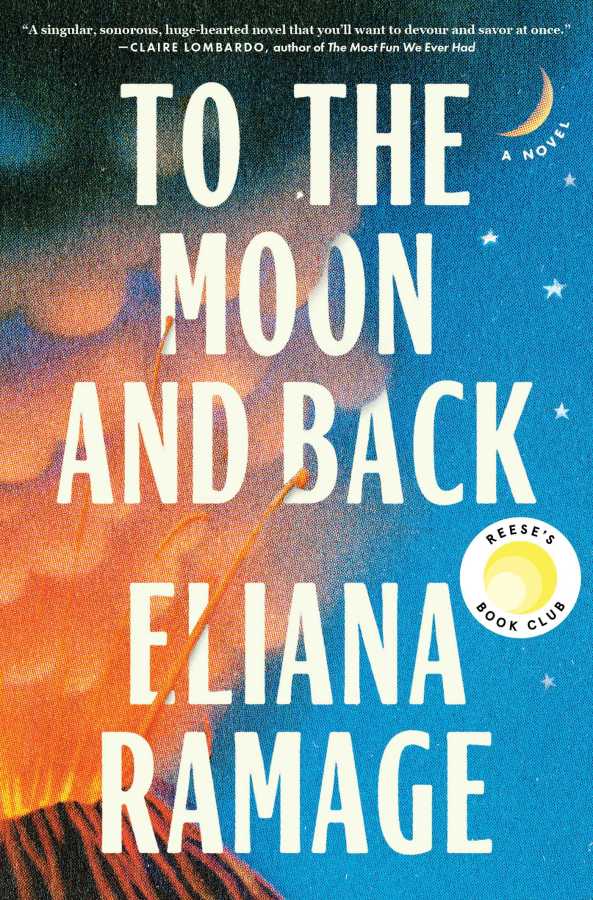
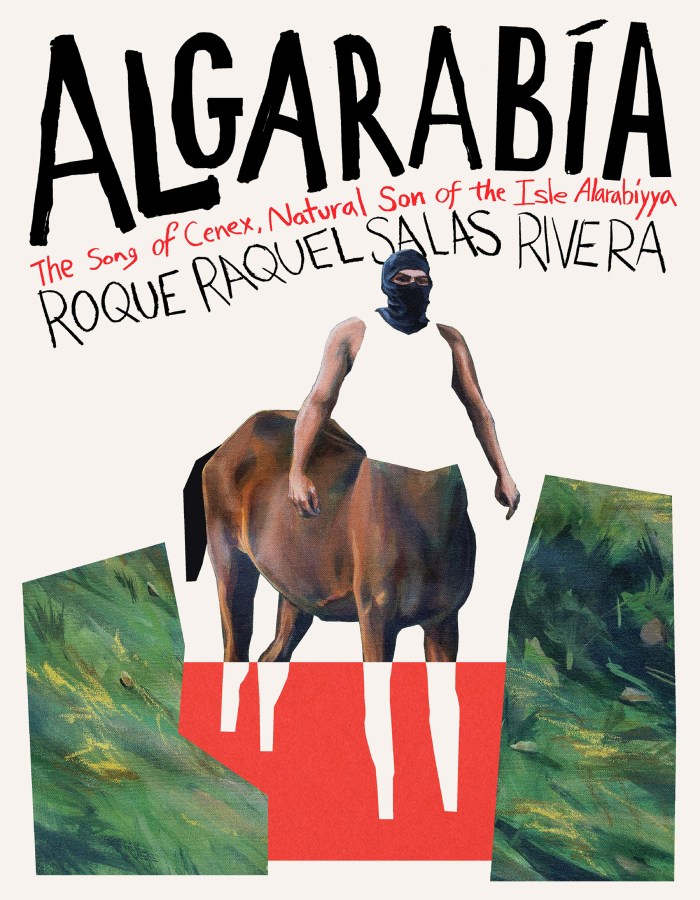
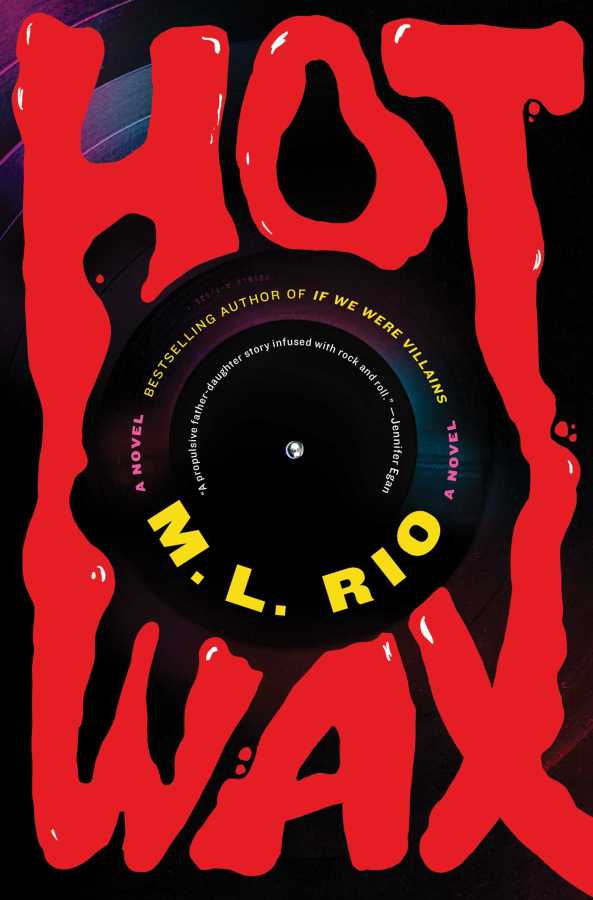
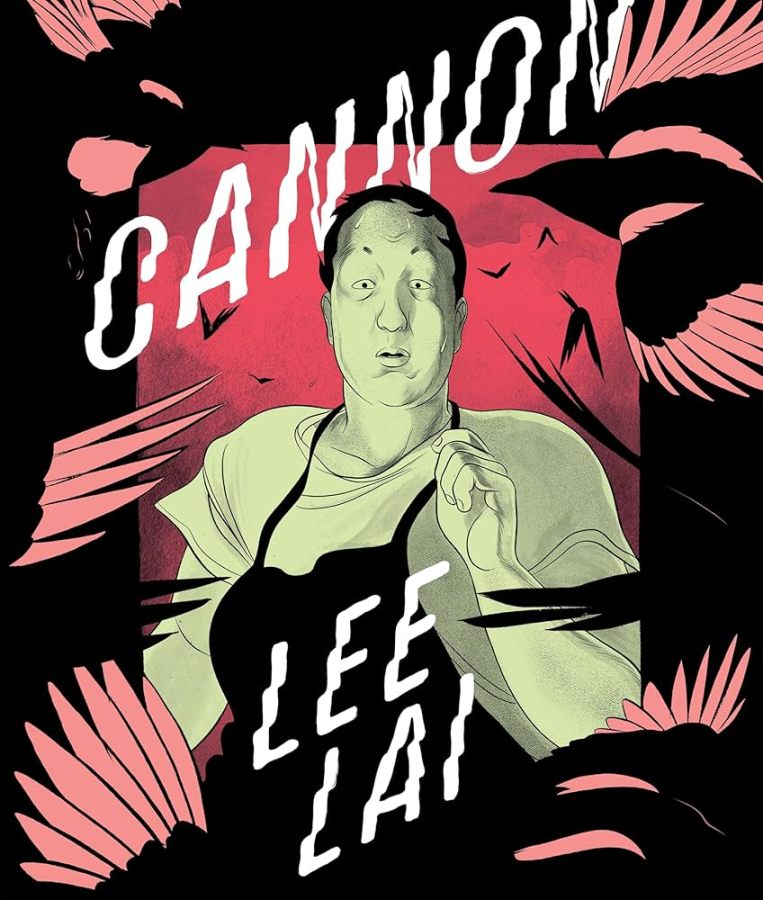
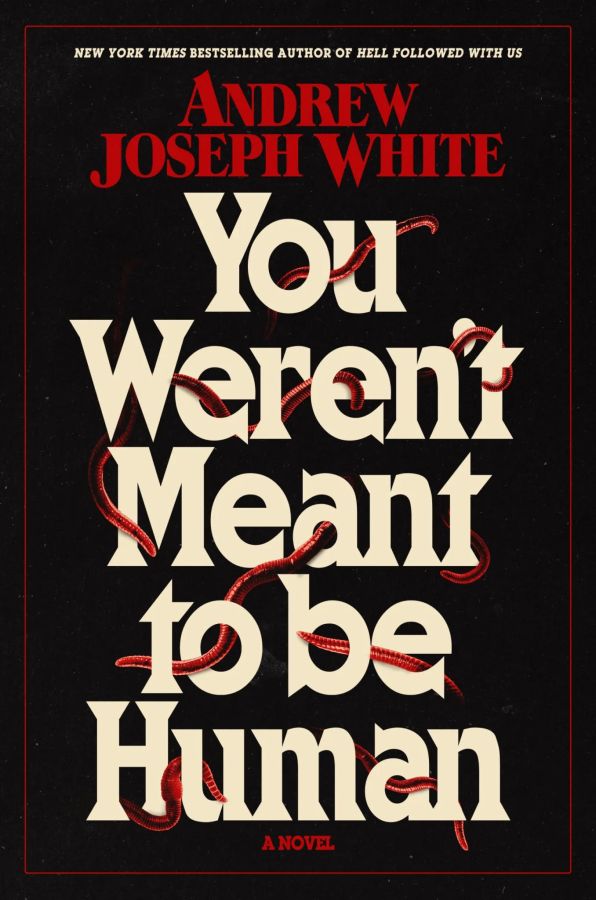
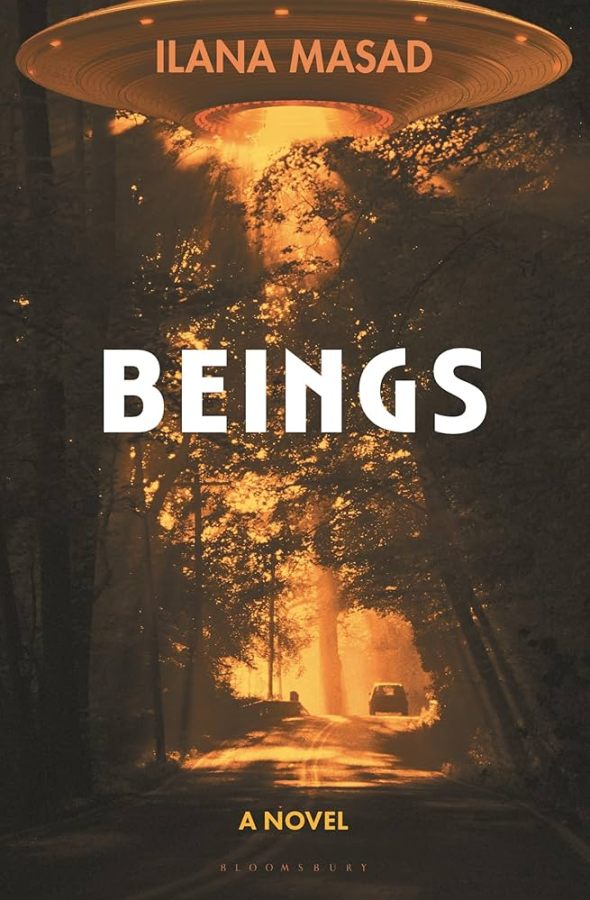
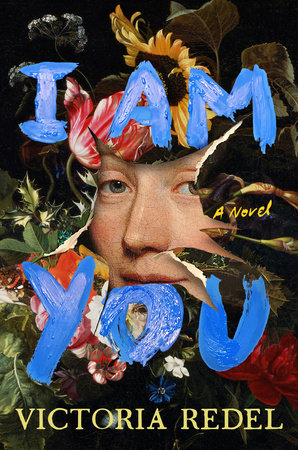
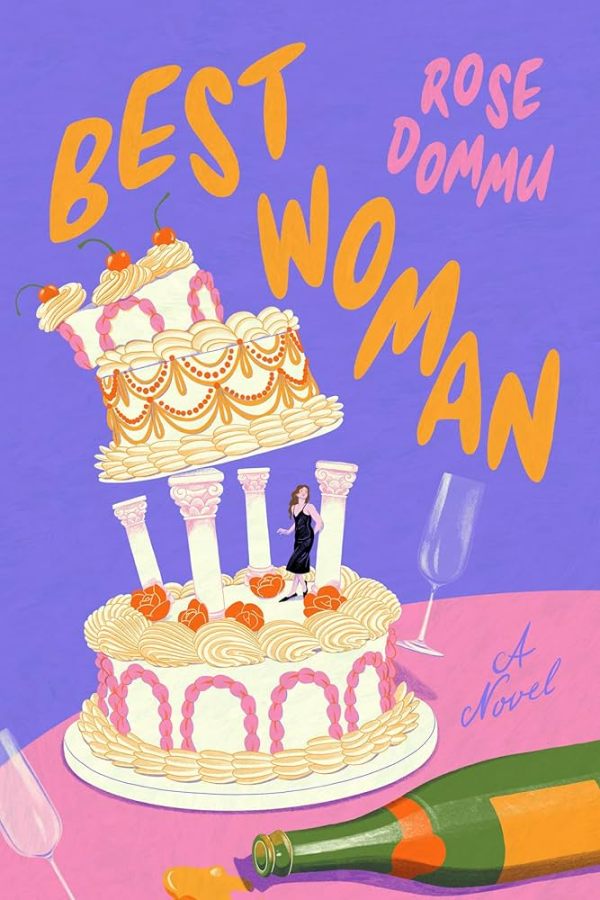
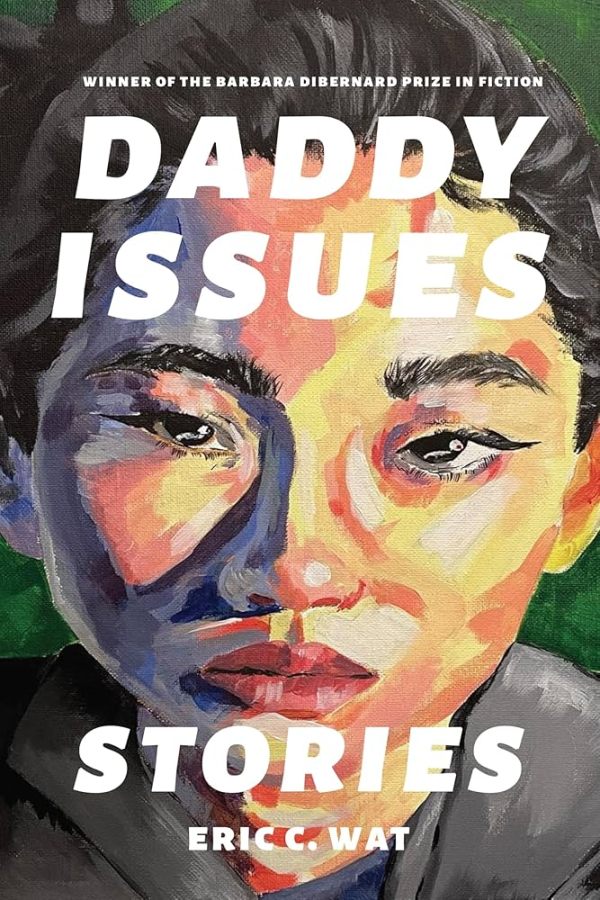
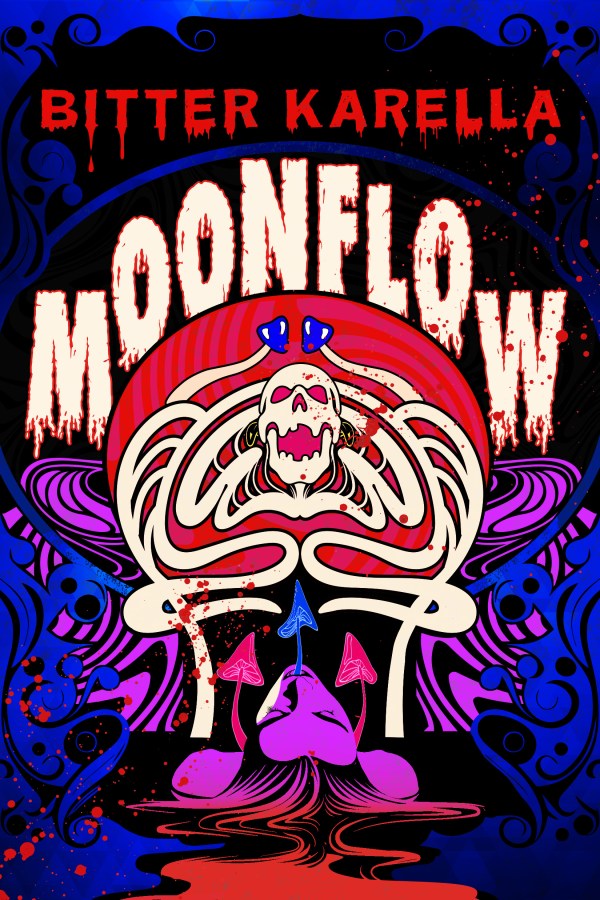
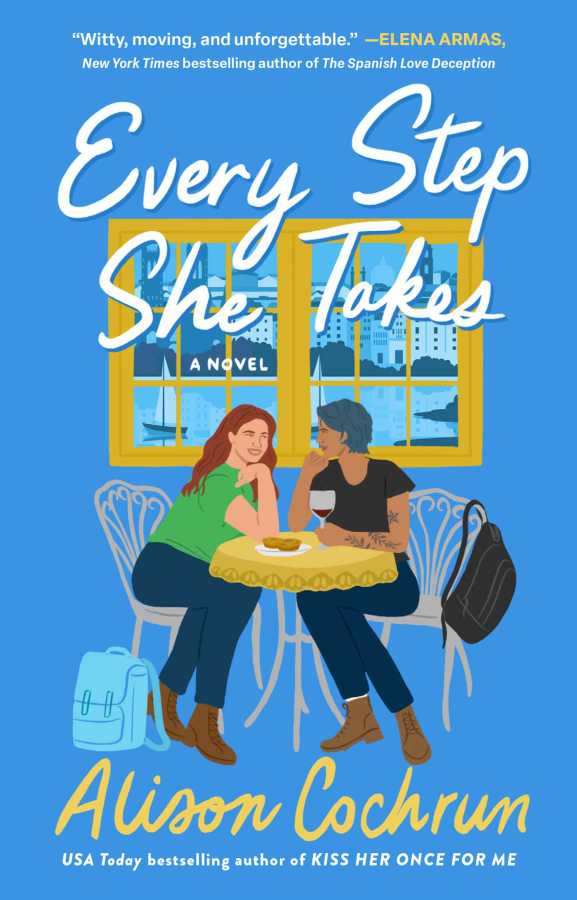
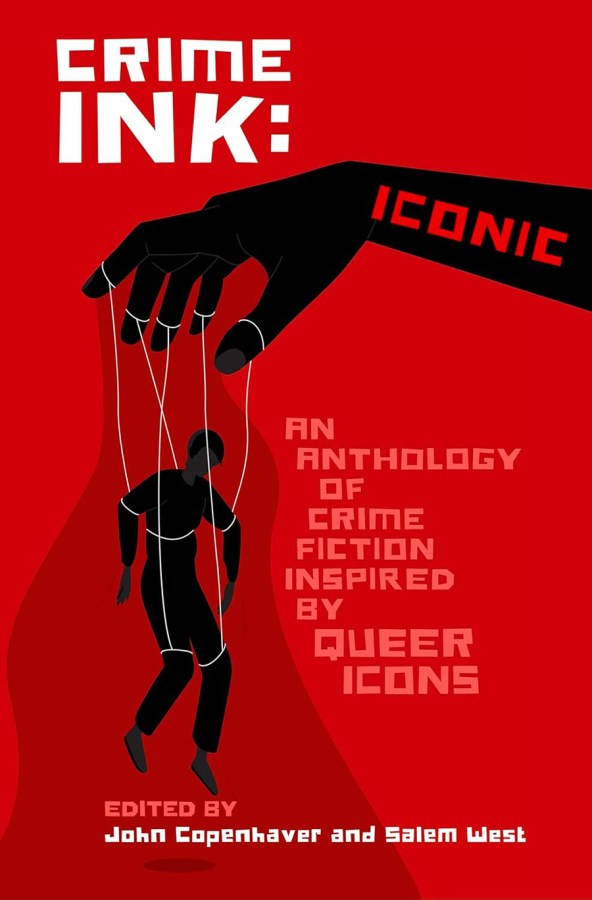
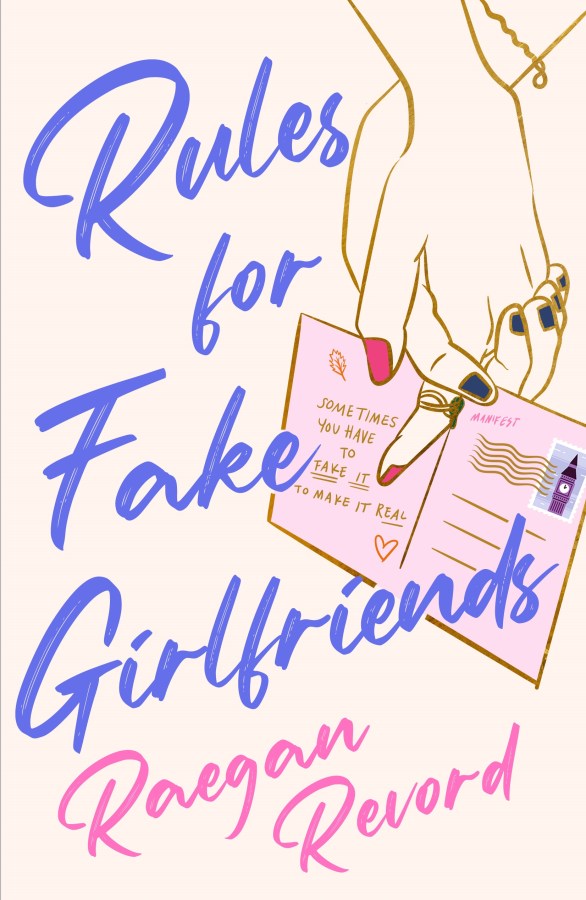
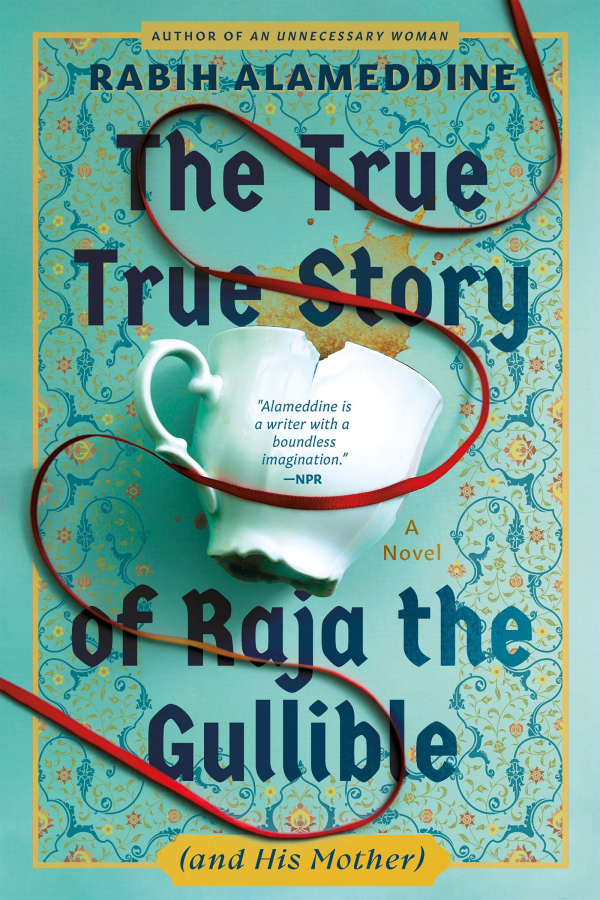
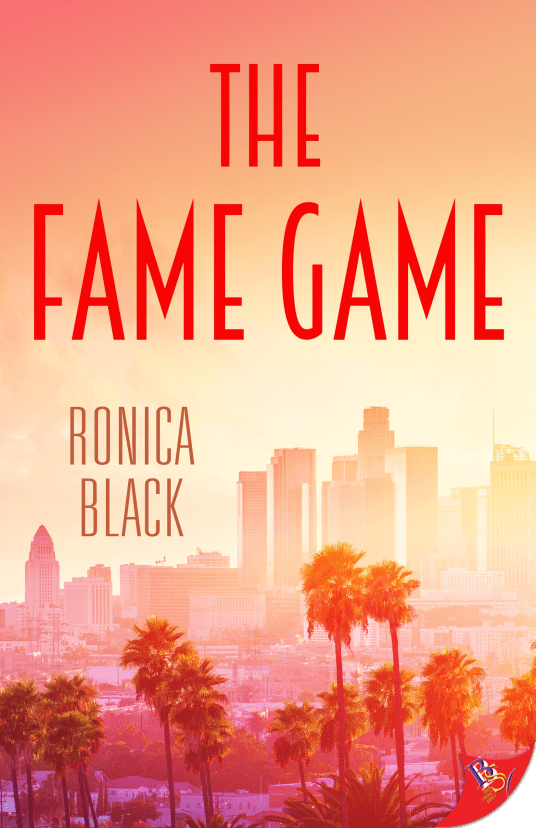
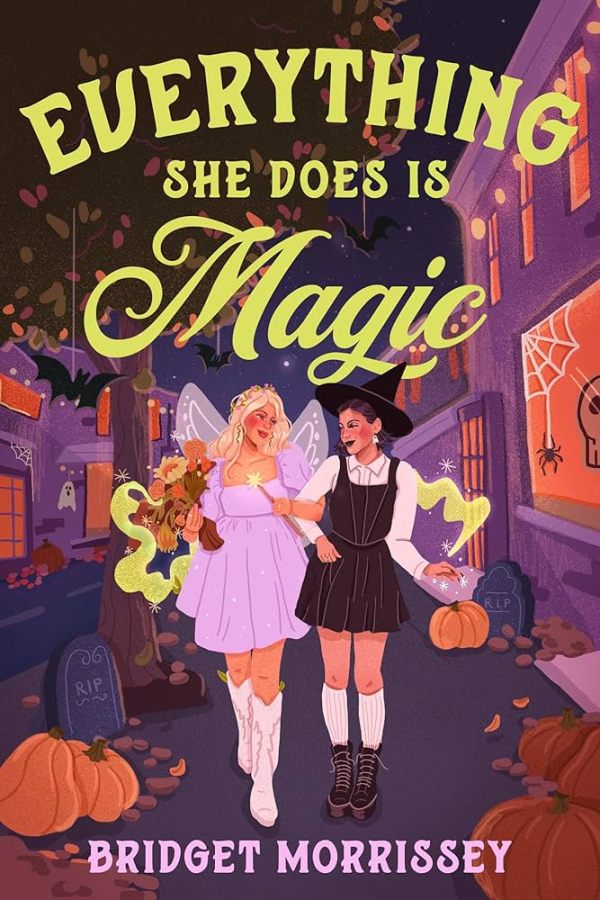
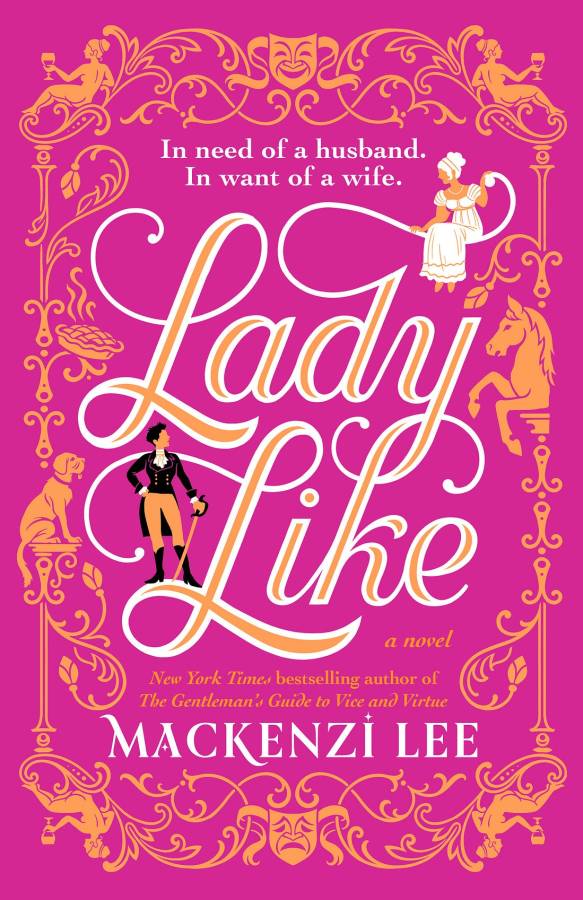
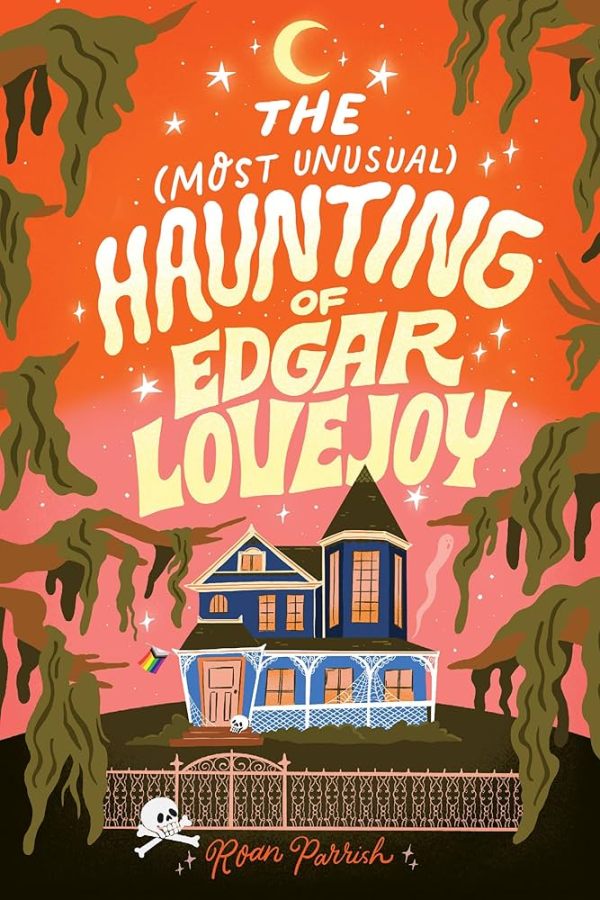
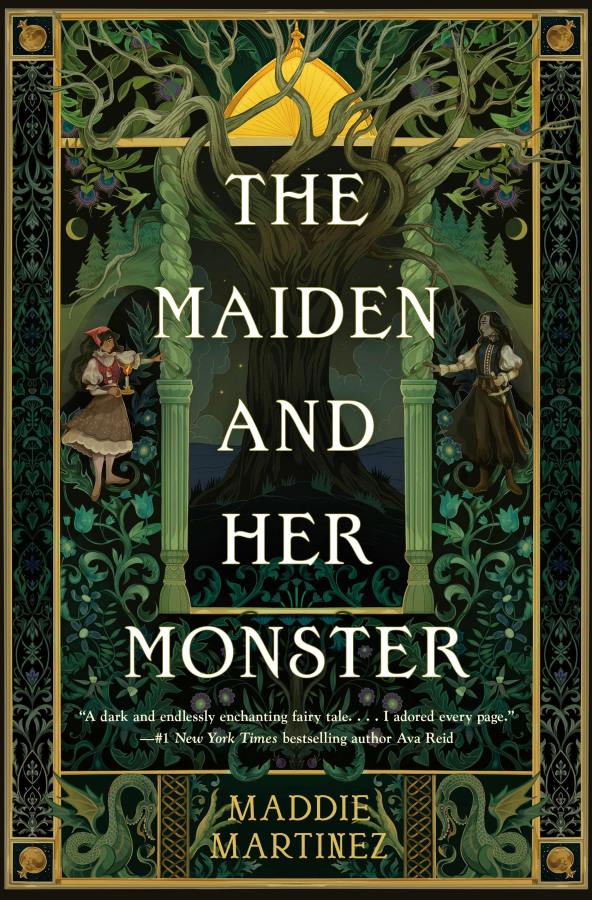
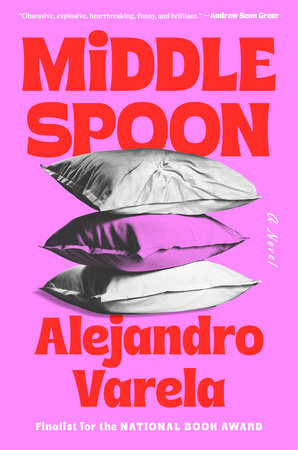
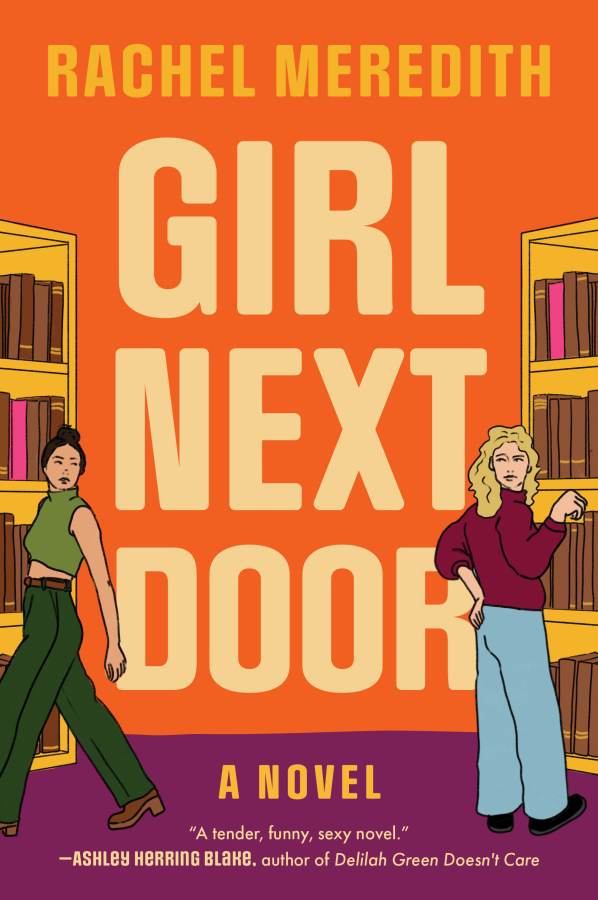
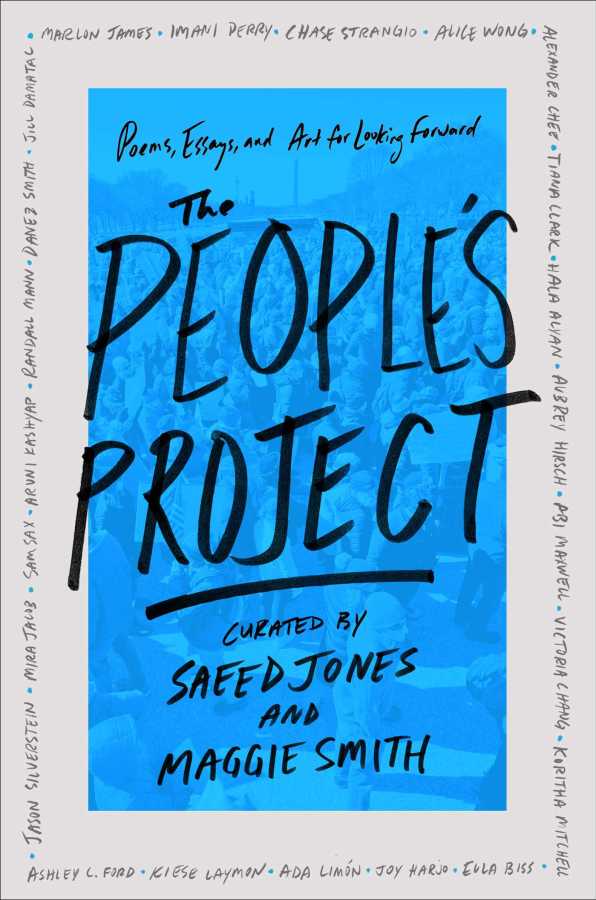
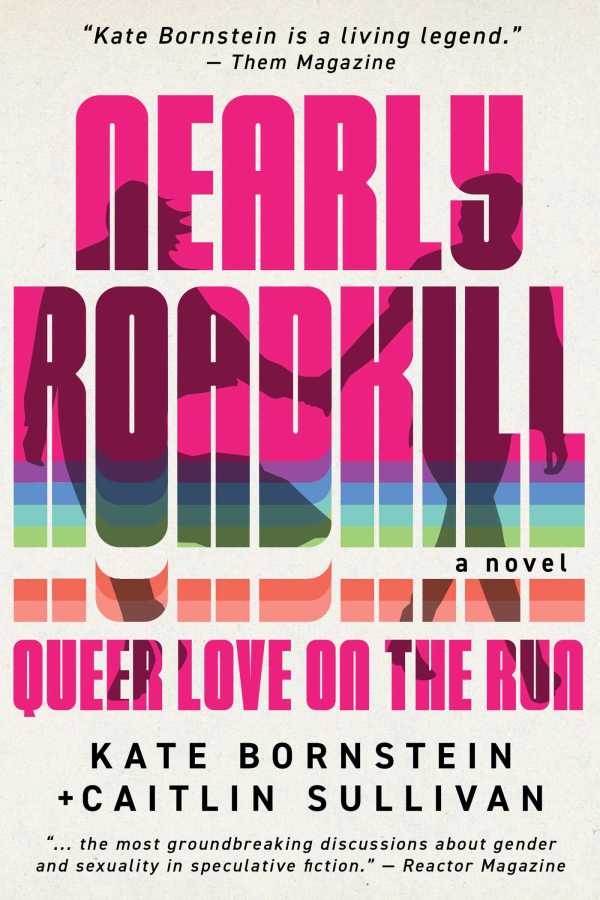
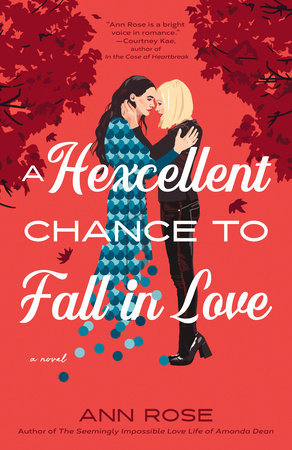
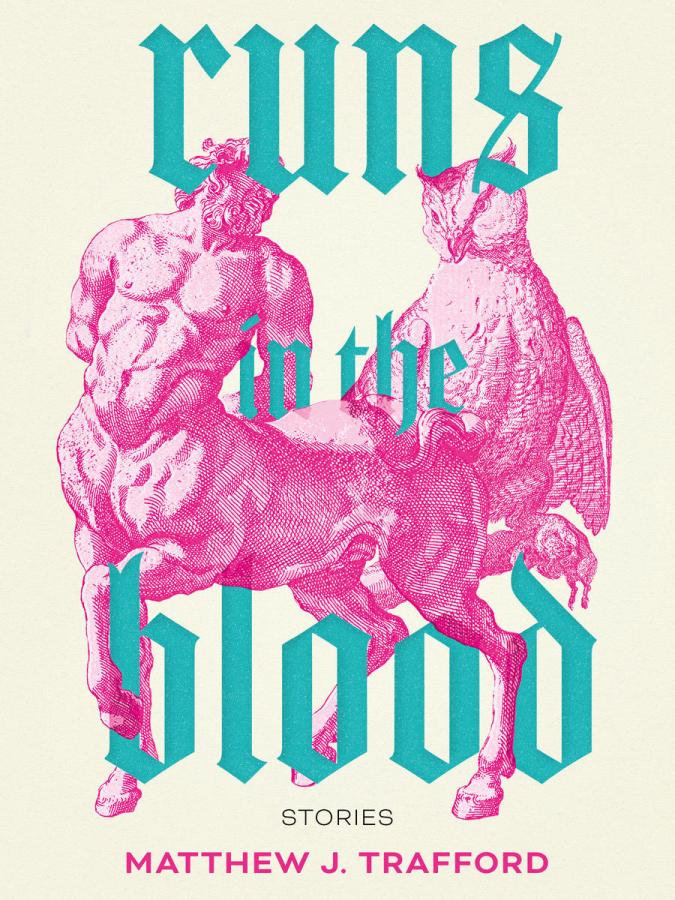
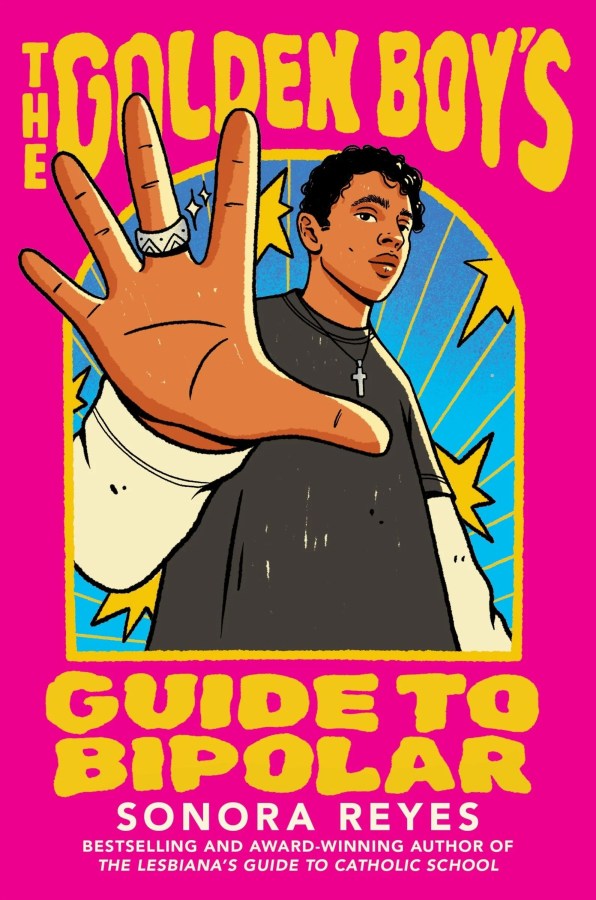
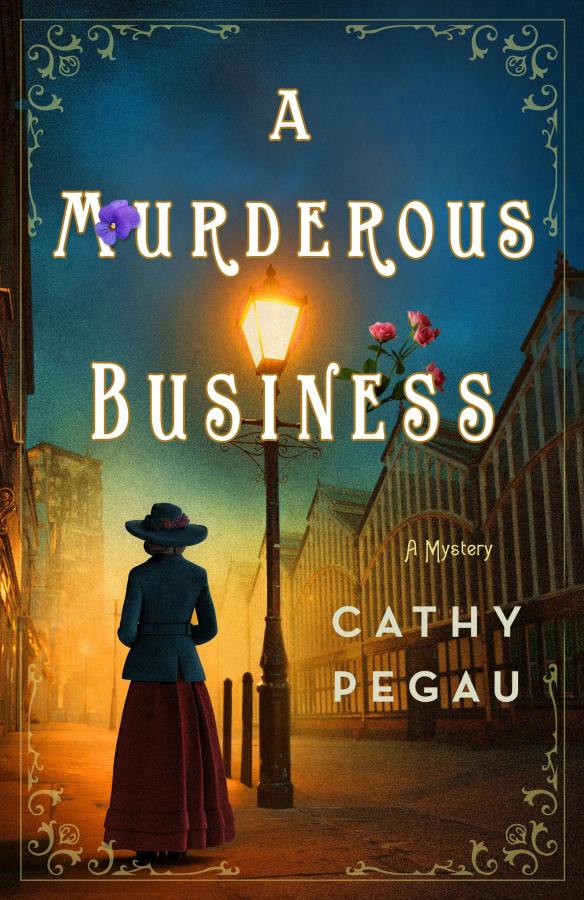
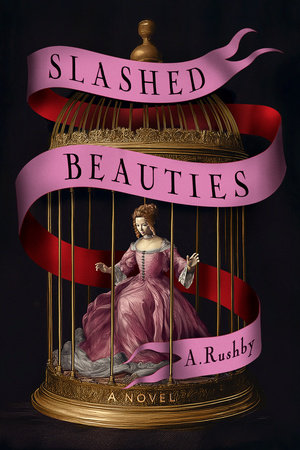
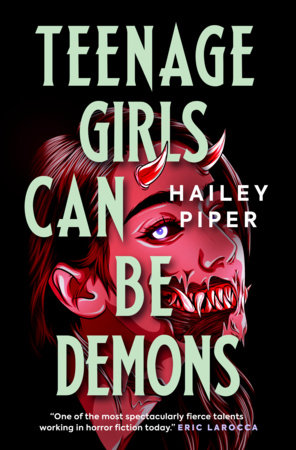
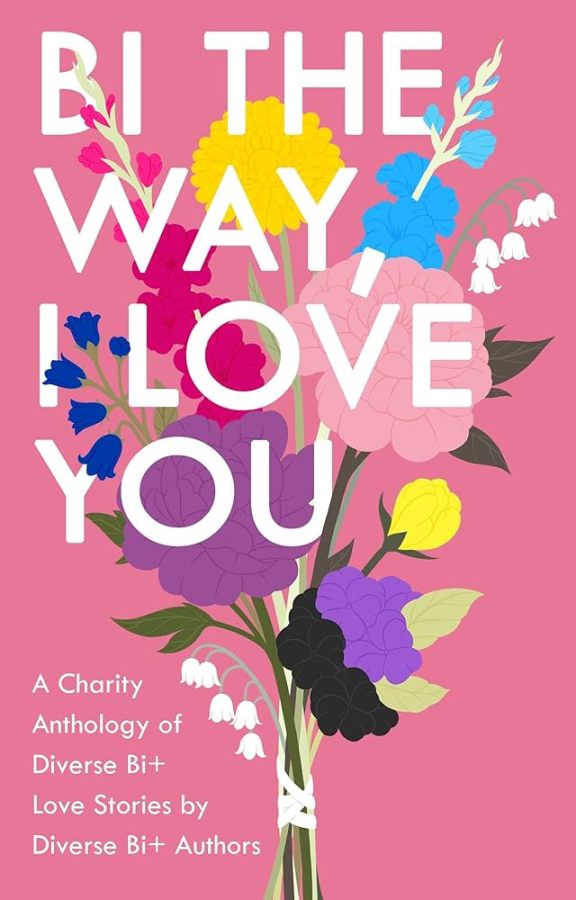
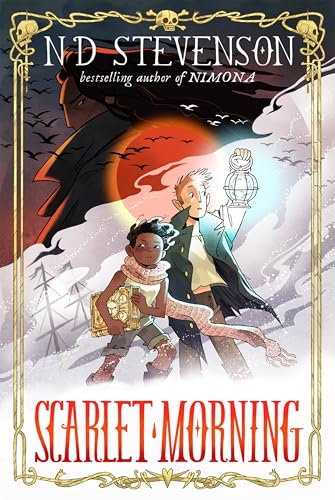
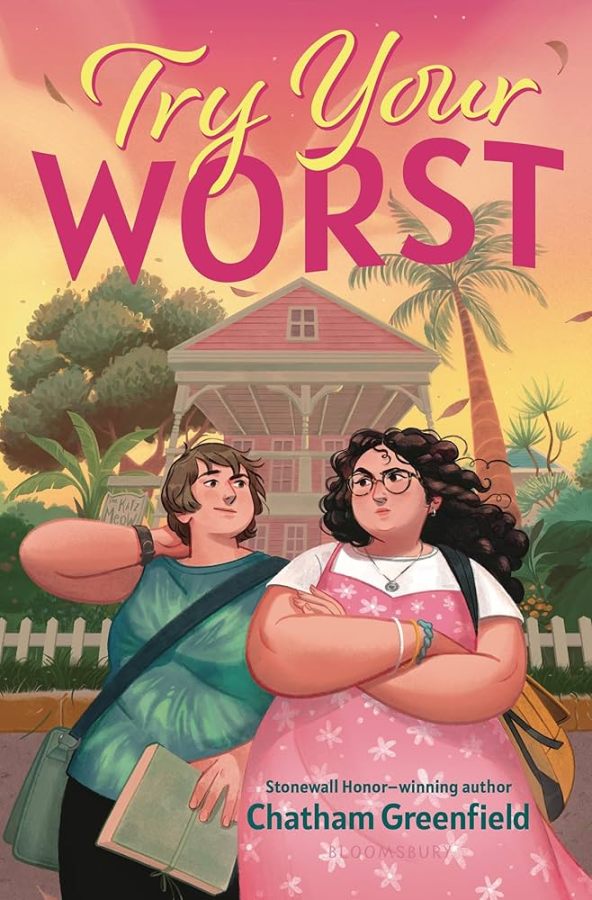
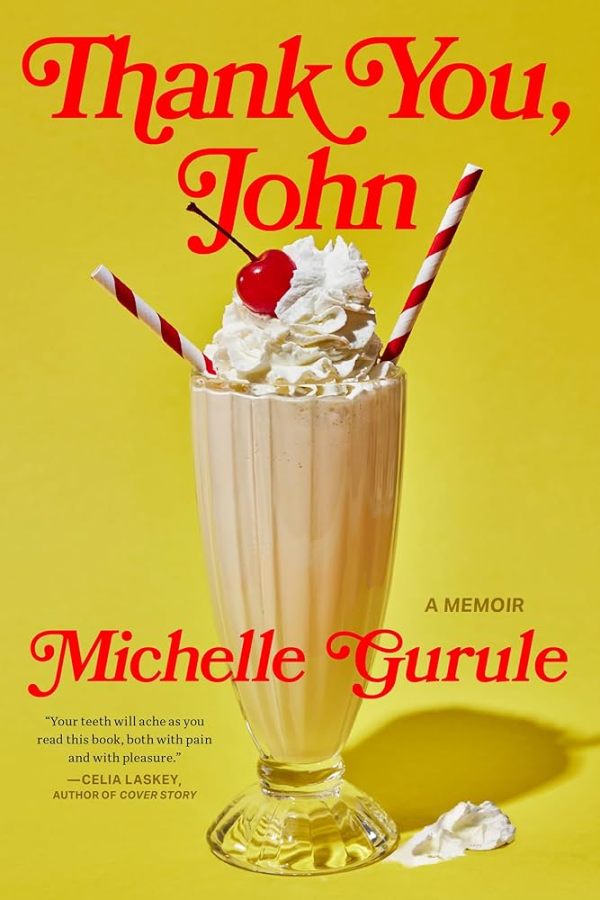
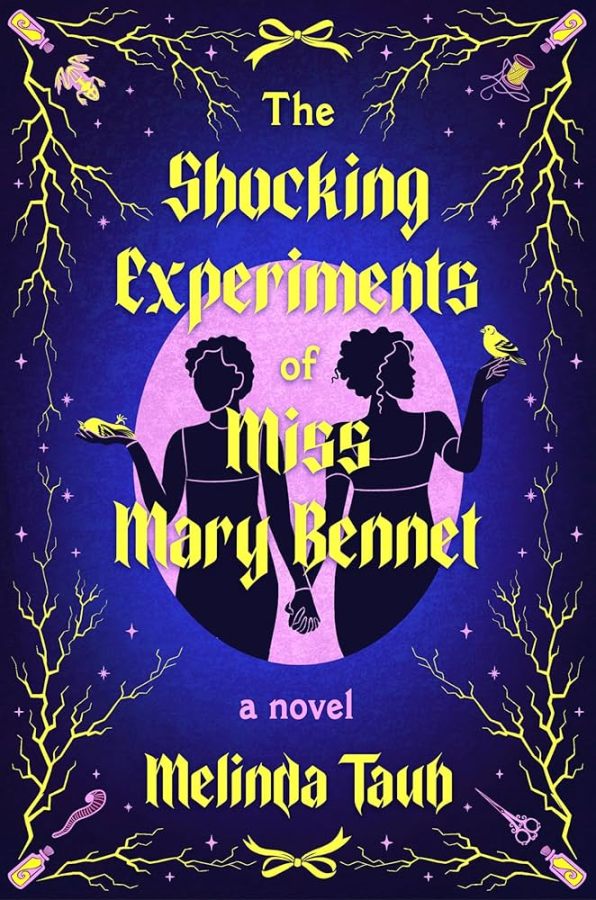
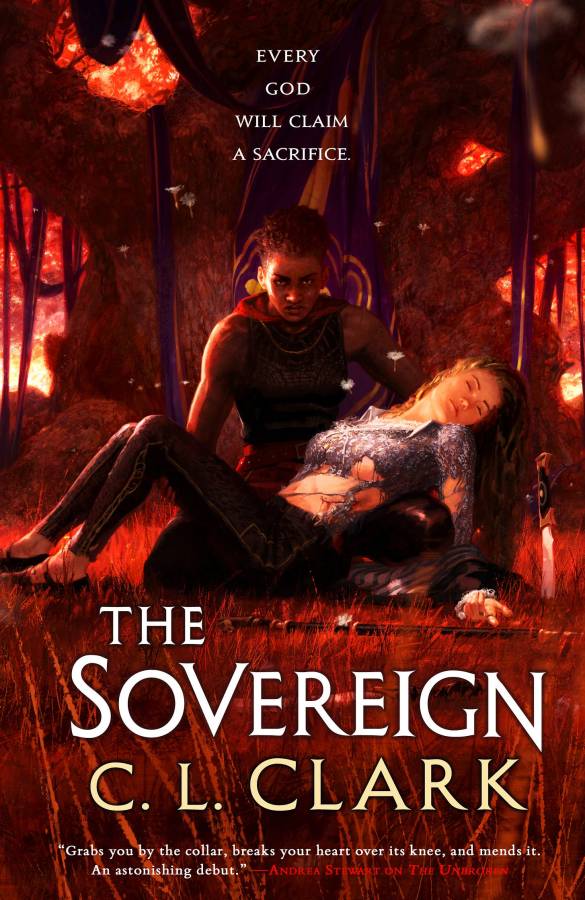
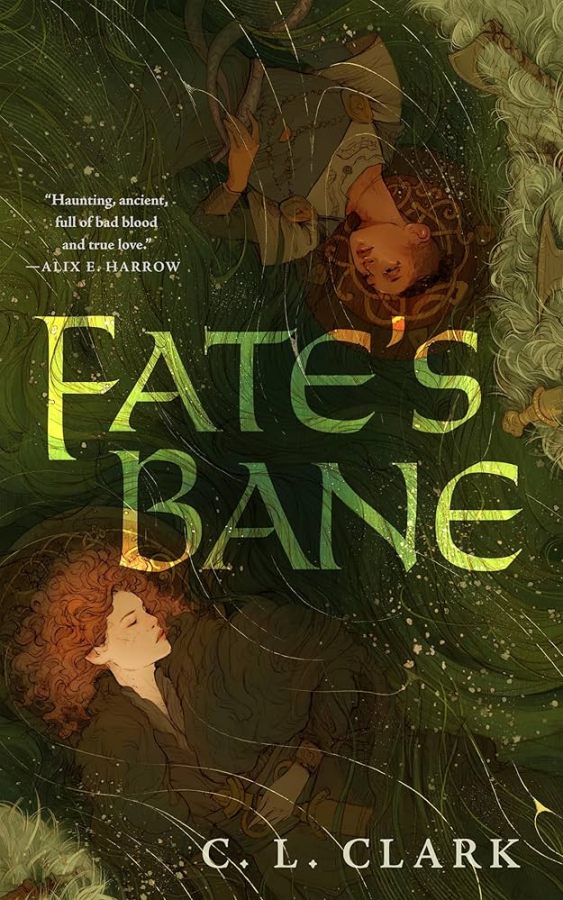
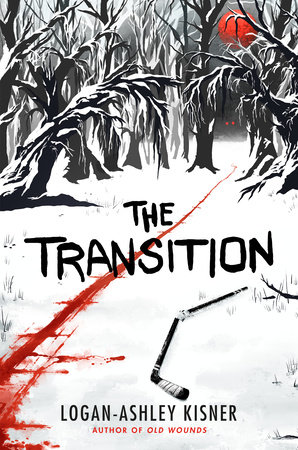
Does Jodie & Virginie kiss at all in the movie?